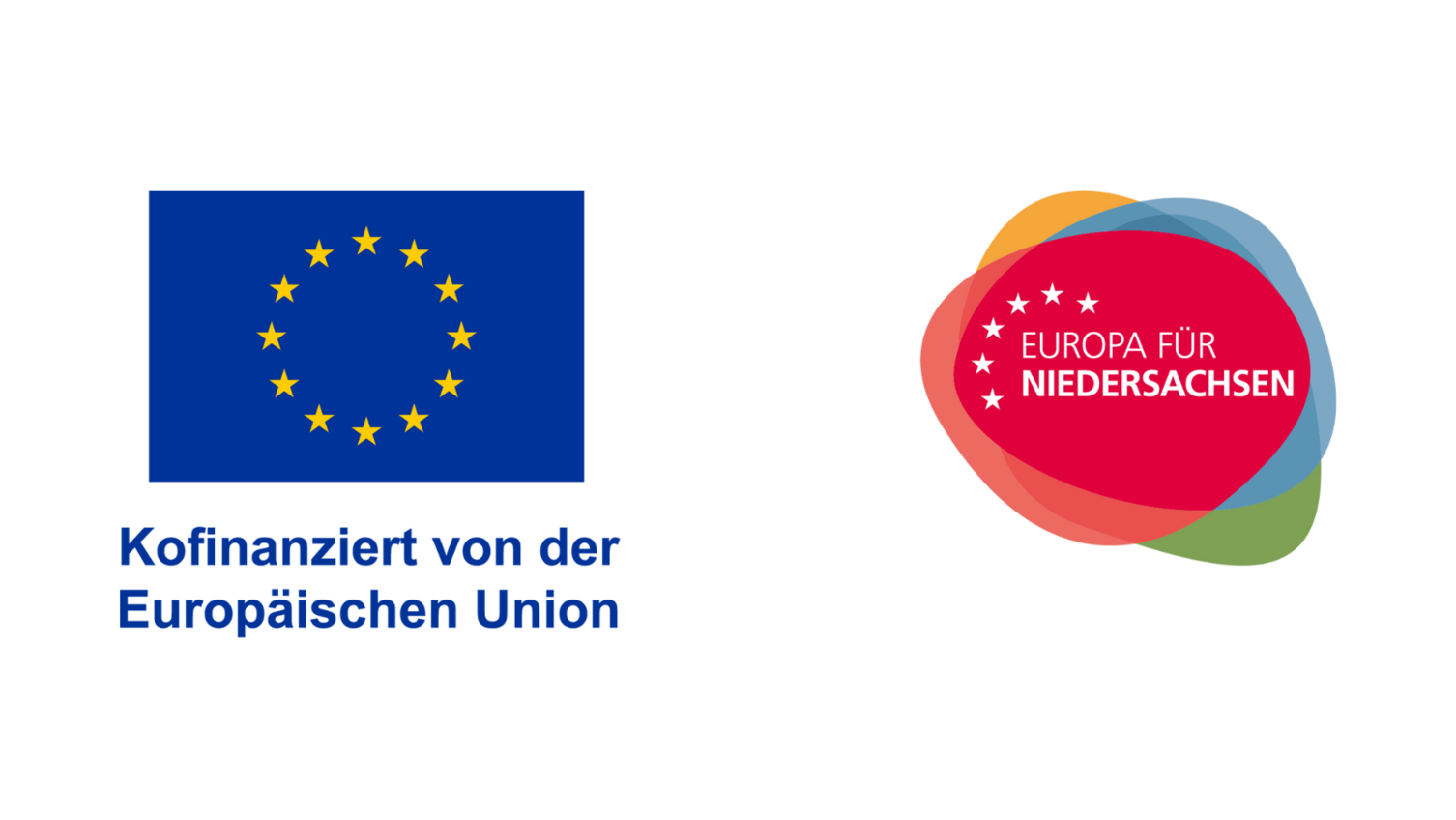PROJECT IDEA
The establishment of inclusive work environments is a central aspect of a fairer and more sustainable society. At a time when social justice and equal opportunities are becoming increasingly important, the integration of people with placement barriers into the labour market is not only an ethical obligation, but also an opportunity for companies to help shape the change towards a fairer society.
In the project "Social-innovative transformation through inclusive work environments" (SinTrA), Leuphana University Lüneburg and HEYHO GmbH are working closely together to explore a social-innovative model for integrating people with multiple placement barriers (such as prison histories, addiction or mental illness) in order to offer them sustainable employment opportunities. By combining scientific expertise and practical know-how, we aim to support companies in their transition to a more equitable world of work.
In the SinTrA project, we therefore analyse both the barriers that companies face in hiring people with multiple placement barriers and the concerns that clients have in doing so. In close cooperation with HEYHO, a pioneer in the social-innovative work change movement, we develop, test and evaluate measures and interventions to effectively promote this entrepreneurial change. In doing so, we jointly answer questions such as: Which methods and tools are best suited for social-innovative change? How can we increase the readiness of entrepreneurs and better communicate this change to customers?
PROJECT STAGE
The project is divided into the following three phases:
Phase 1: Method development
In this phase we collect tried and tested methods that are already being used at HEYHO and other organisations in Germany and abroad to integrate people with placement barriers into the world of work. These methods are evaluated for their effectiveness according to scientific standards and success factors as well as barriers to successful reintegration are derived from the company's perspective. We investigate how companies can change their assumptions, processes, structures and practices to adapt and establish a model for successful inclusion of people outside the previous workforce spectrum. We also develop effective communication strategies to communicate this approach most effectively to clients.
Phase 2: Practical implementation and evaluation
In close cooperation with selected project partners from different sectors, the developed approaches are tested, examined and evaluated in practice.
- Testing: Together with HEYHO, we test various entrepreneurial assumptions, processes, structures and practices for improving the integration of people with multiple placement barriers in innovative workshop formats with interested companies.
- Investigation: Based on qualitative and quantitative methods, we explore the effects of inclusive work models in participating companies and with people with multiple placement barriers.
- Evaluation: Using quantitative methods, we evaluate the changed consumer behaviour and the success of the integration of people with multiple placement barriers. We also focus on identifying psychologically effective interventions in companies that enable companies to implement their own socially inclusive models of working environments.
Through close professional and scientific support, we will gain valuable insights to further improve the results in iterative development stages during the project period.
Phase 3: Publication and use
The developed results will be made available to a broad public free of charge in the form of a practical toolbox and an online platform. We also aim to offer workshops for companies and other interested parties and to establish a permanent advisory concept. In doing so, we work in close cooperation with Appinio, the Social Entrepreneurship Netzwerk Deutschland (S.E.N.D. e.V.), the Social Change Hub, InMind Magazine and NN Publishing GmbH.

